Irish author William Butler Yeats won the Nobel Prize in Literature on November 14, 1923. We take a look at Yeats' life.
The Nobel Prize in Literature 1923 was awarded to William Butler Yeats, who was born in Dublin and raised in Sligo, "for his always inspired poetry, which in a highly artistic form gives expression to the spirit of a whole nation."
According to a brief article in The Irish Independent on November 29, 1923, Dr. Oliver St. John Gogarty said the prestigious award conferred upon Yeats "was the most significant thing that had come upon the country since the Treaty."
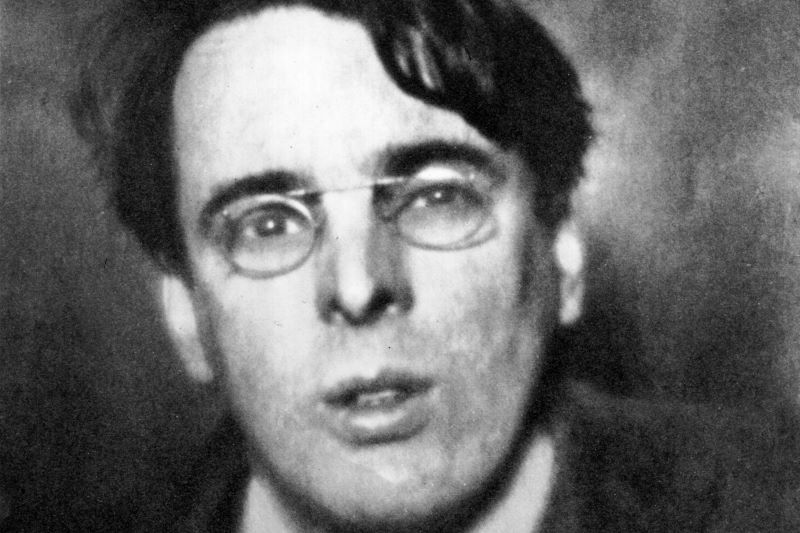
W. B. Yeats in 1908 (Getty Images)
As an acclaimed poet and playwright, it is said that it would be hard to imagine the revolutionary decade in Ireland without W. B. Yeats. His hauntingly beautiful poems such as “The Lake Isle of Innisfree” and “The Stolen Child” are juxtaposed with powerful poems that document the political unrest in “September 1913,” and “Easter 1916.”
A cultural revolutionary, Yeats co-founded the Abbey Theatre, the Irish Literary Society, and the Cuala Press. He is forever associated with his muse, Maude Gonne, and his unrequited love for her is well documented.
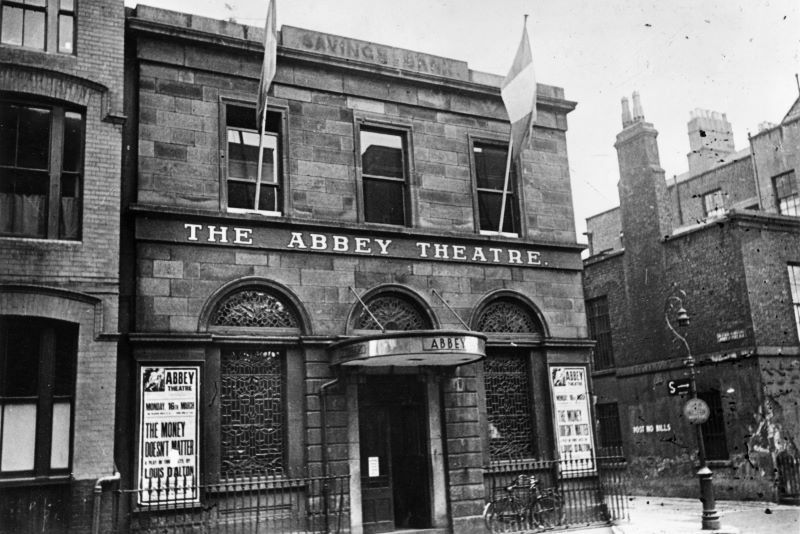
The Abbey Theater in Dublin, circa 1930 (Getty Images)
Read more
In 2015, Ireland celebrated the 150th anniversary of the birth of the Nobel Prize-winning poet. The festival of celebration presented a local, national and international series of exhibitions, performances, educational events, festivals, concerts, readings, talks, and screenings.
In honor of the beloved Irish poet, here are some of Yeats's most famous quotes:
“Education is not the filling of a pail, but the lighting of a fire.”
“Do not wait to strike till the iron is hot; but make it hot by striking.”
“There are no strangers here; Only friends you haven't yet met.”
“Tread softly because you tread on my dreams.”
“How far away the stars seem, and how far is our first kiss, and ah, how old my heart.”
“Think where man’s glory most begins and ends, and say my glory was I had such friends.”
“Being Irish, he had an abiding sense of tragedy, which sustained him through temporary periods of joy.”
“Come away, O human child: To the waters and the wild with a fairy, hand in hand, For the world's more full of weeping than you can understand.”
“People who lean on logic and philosophy and rational exposition end by starving the best part of the mind.”
“Happiness is neither virtue nor pleasure nor this thing nor that but simply growth, We are happy when we are growing.”
Here's to you, Mr. Yeats.
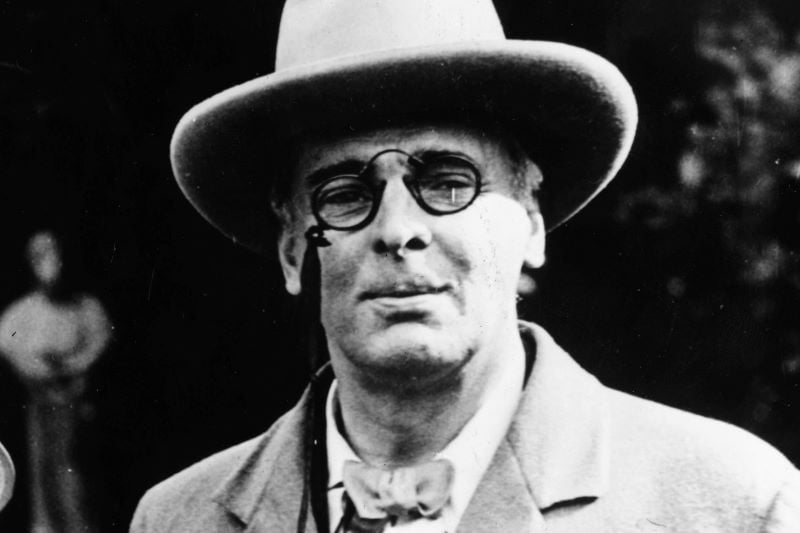
William Butler Yeats (Getty Images)
H/T: Brainy Quote.
* Originally published in June 2015. Updated in November 2024.
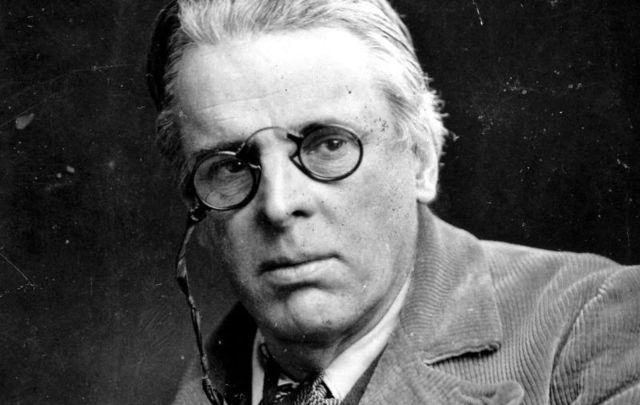
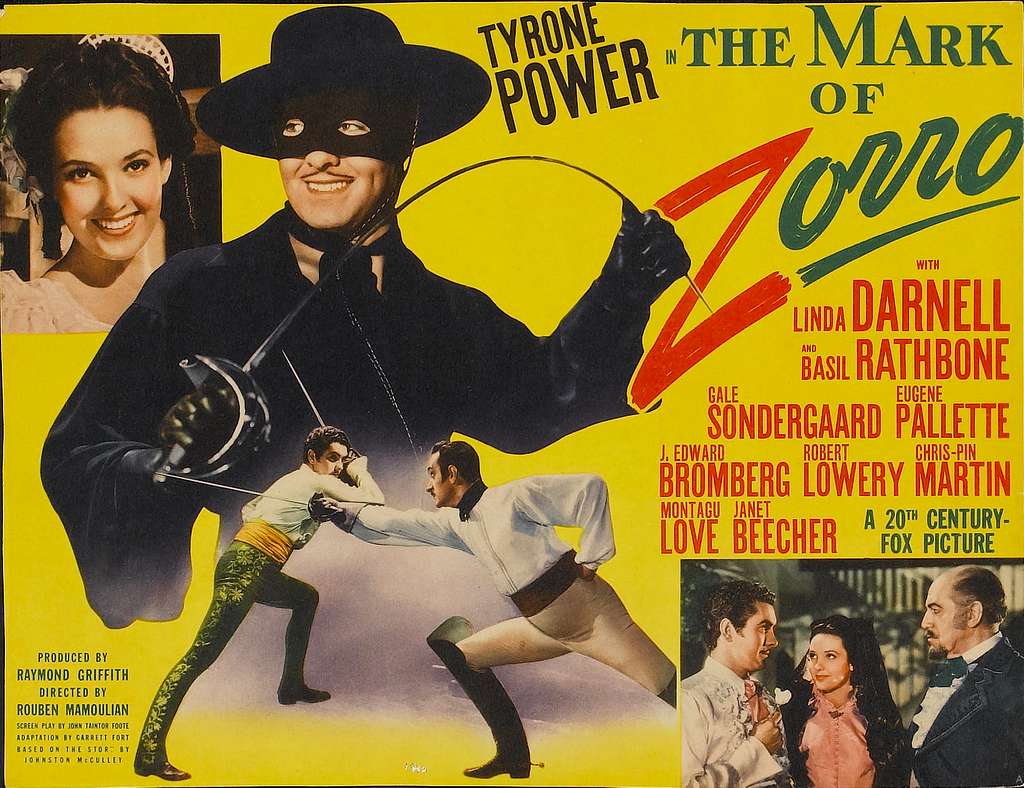
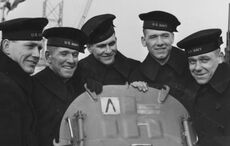
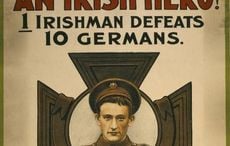
Comments